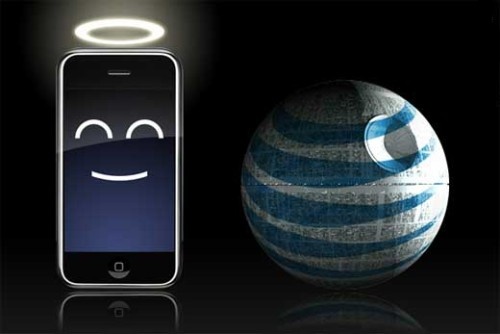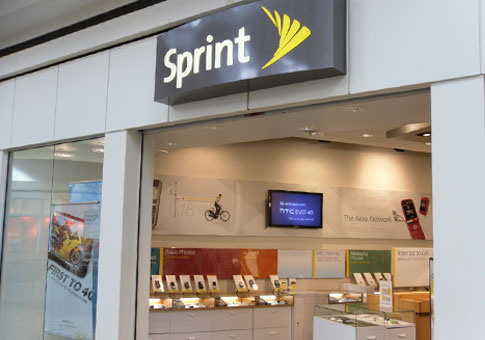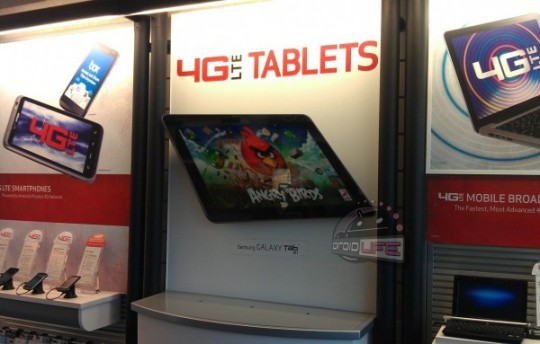In what looks to have become an industry-wide practice in the United States (and some other parts of the world), carrier AT&T reportedly instructed its retail staff to aggressively push Android handsets in place of iPhones.
The policy has already contributed to a notable drop in the iPhone’s share in AT&T’s overall handset numbers, with Apple’s device falling from as much as 80 percent of smartphone sales at one AT&T store to between 50 and 60 percent share.
It’s not just AT&T, other carriers prefer Android wireless products, too, and here’s why…
Zach Epstein, writing for Boy Genius Report, was able to confirm a sudden change of heart for AT&T with “three independent sources” who claim that a slowdown in iPhone activations during the June quarter “may in fact be by design”.
Regional retail sales managers at AT&T have been instructing store managers to pump the brakes on Apple’s iPhone.
BGR reached out to AT&T and the carrier issued the following rebuttal of sorts:
The idea that we would steer any customer away from a particular device couldn’t be more farfetched. Our reps do what it takes to align customer needs with the best device for them.
iPhone remains one of our most popular devices, which doesn’t happen by steering people away from it. Our reps are encouraged to try all devices so they are more knowledgeable on our industry-leading smartphone lineup.
The carrier reportedly issued instructions to sales staff demanding they steer away from the iPhone towards Android phones or Windows Phone handsets. And what happens when a customer waltzes inside an AT&T store determined to buy an iPhone?
Even when customers come into stores specifically looking for the iPhone 4S or iPhone 4, staffers have been instructed to make an effort to show people Android and Windows Phone devices as well, so they can “make an informed decision”.
Furthermore, retail staff is no longer allowed to choose Apple’s phone as their business device “and must instead choose an Android smartphone or a Windows Phone”.
It’s not just AT&T.
As Sebastien noted on Monday, Verizon appears to have a similar policy in place as its retails staff is also attempting to talk customers into choosing Android handsets over the iPhone, even those who specifically ask for an iPhone.
Also important, and this is standard practice, carriers require customers to pay taxes on the fully unsubsidized hardware rather than the subsidized price paid in the store, which wouldn’t be a problem if telcos communicated this clearly in their advertising.
Contrary to the popular belief, store staff doesn’t earn a commission per each handset sale nor do Android handset vendors incentivize retailers to push their products. Instead, store staff earns money based on calling plans, data plans and tablet and accessory sales.
Put simply, metrics do exist in order to ensure that the stores hit the aforementioned targets.
Carriers impose metrics on store averages and store managers then impose various metrics on individual store staffers to hit their goals.
One of the more important metrics is LTE and with the current iPhone 4/4S offering lacking high-speed fourth-generation cellular network, no wonder carriers are pushing high-end Android handsets which are all 4G now.
Apple’s next iPhone is widely believed to feature 4G LTE networking so carriers will probably re-focus their marketing efforts on the sought-after device when a next-generation model makes its fall debut.
Though iPhones accounted for 72 percent of all AT&T’s smartphone activations during the second quarter of this year, it’s just a modest three percent growth.
Apple attributed the iPhone sales lull in Q2 2012 to ongoing rumors pertaining to the next iPhone, but it would seem that carriers’ desire to push Android over the iPhone is also to blame for Apple’s weak numbers.
What’s your buying experience like?



